In 2017, Taiwan (officially called the Republic of China or R.O.C.) became a safe haven for pets after a total ban on the killing and eating of dogs and cats. Violators face two years of jail time and a hefty 65 000-dollar fine. The government's pro-animal stance begins at the top with President Tsai Ing-wen, a well-known cat lover whose administration has enacted game-changing policies that promote pet ownership and animal welfare. Such blanket government protection and the fact that much of the population lives comfortably, if not affluently, allow pets in Taiwan to also have it easy. Nothing says "pampered pets" more than 1.12 bn dollars or thereabouts of household budgets spent on pet food (713.9 mio dollars) and pet care products (402.9 mio dollars) in 2019.
Taiwan spends big on pets
The latest data from the Executive Yuan R.O.C. Council of Agriculture (COA) estimates there were over 3 mio pets in Taiwan as of 2020, with at least half a million more cats than dogs. Treated as family members, Taiwan's pets fuel a robust pet economy for products and services valued at 50 bn New Taiwan (NT) dollars (1.69 bn dollars) per year at a minimum, according to the Pet Foods & Appliances Association ROC.
In 2020, research firm Mordor Intelligence projected Taiwan's pet food consumption at 5 500 metric tons and 25 700 metric tons for wet and dry pet food, respectively. By 2024, pets in Taiwan are expected to consume 310 mio dollars' worth of pet food at an annual growth rate of 3.56 per cent over the forecast period (2019-2024).
Compared to local brands, imported pet foods tend to be more popular and have about 40 per cent of the total market. Fwusow Industry Products, a local Taiwan pet food manufacturer that's been in the business for 20 years, vies with foreign pet food labels for market share by catering to both budget-conscious…

 Menü
Menü

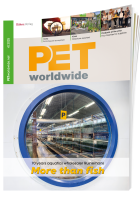






 1/2021
1/2021
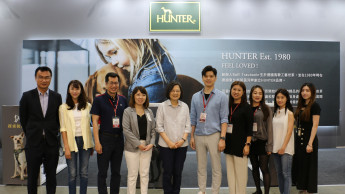

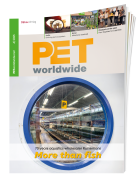


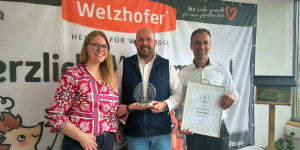


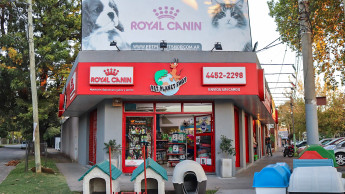

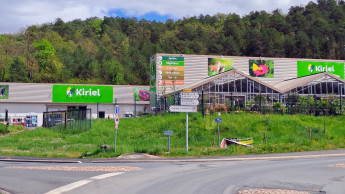
 Newsletter
Newsletter